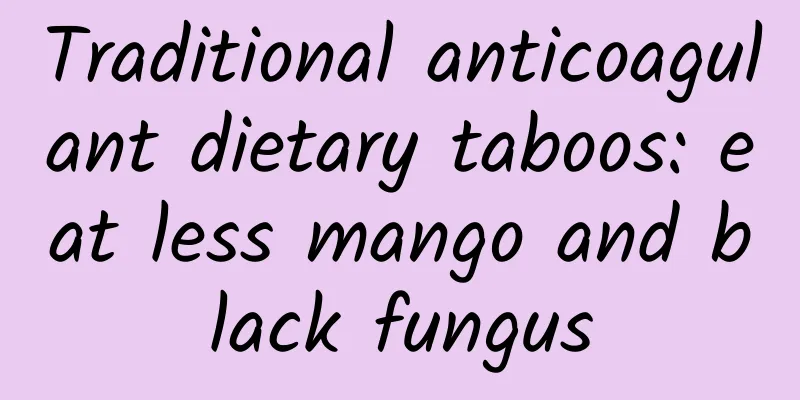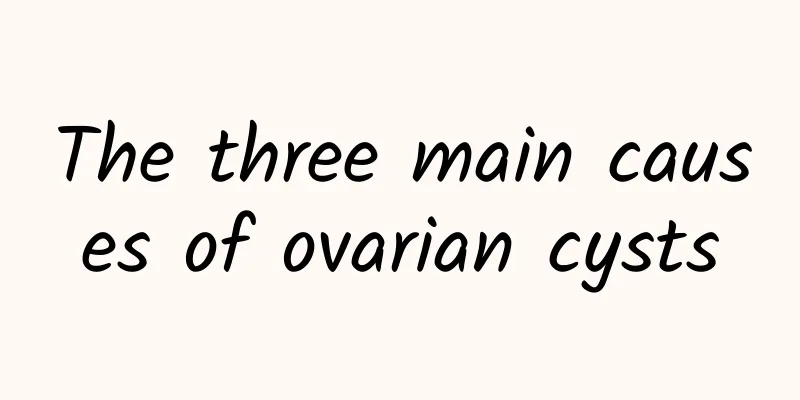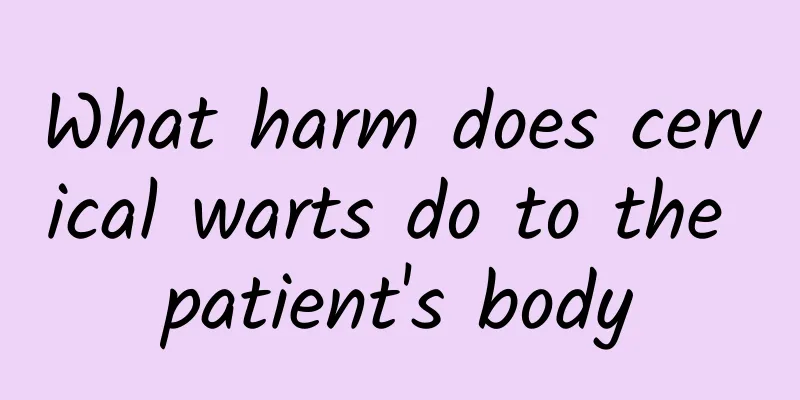Traditional anticoagulant dietary taboos: eat less mango and black fungus

|
Irregular heartbeats caused by high blood pressure can easily lead to atrial fibrillation and stroke risk. The Chinese Society of Cardiology stated on the 27th that Warfarin is often used clinically to prevent stroke, but because of its narrow safety margin, regular checks are required to ensure the anticoagulant effect and avoid the risk of bleeding. In particular, patients are prohibited from eating mangoes, white fungus, fish oil, and garlic while taking Warfarin to avoid drug interactions that may cause intracranial hemorrhage or cerebral embolism and other sequelae. Dr. Chen Zhihong emphasized that as Taiwan enters an aging society, the number of patients with atrial fibrillation is increasing. We should pay more attention to the three high problems, actively use medication for prevention, and reduce the risk of atrial fibrillation stroke. (Photo by Zhang Shijie) Chen Zhihong, president of the Chinese Society of Cardiology, pointed out that about 100,000 elderly people in the United States are hospitalized for emergency treatment every year due to side effects of drugs. Studies have found that nearly two-thirds of these cases are caused by four common drugs, including two drugs that prevent blood clotting: anticoagulants (warfarin) and antiplatelet drugs, and two diabetes drugs: insulin and hypoglycemic drugs. Since anticoagulants "thin" the blood, the dosage must be very accurate. Too much or too little will affect the effect. Ingestion of incompatible foods or incorrect dosage of Warfarin may lead to side effects, the most common of which are abnormal bleeding and abnormal bruising. Doctors warn that patients should avoid eating mangoes, white fungus, fish oil, and garlic while taking Warfarin to avoid drug interactions that could cause intracranial hemorrhage. (Photo by Zhang Shijie) Eating foods rich in vitamin K, including spinach and broccoli, can reduce the effectiveness of the anticoagulant drug warfarin. Mango, white fungus, fish oil, and garlic may cause indigestion in patients due to drug interactions with warfarin, and may even increase the risk of intracranial hemorrhage and cerebral embolism. In particular, mangoes are rich in vitamin A, which can inhibit the liver enzyme CYP2C19, increase the blood concentration of anticoagulants, and prolong the time it takes for anticoagulants to enter the body for metabolism. Although there have been no cases of adverse sequelae of taking mangoes and anticoagulants in China so far, it is still recommended that patients who are taking anticoagulants separate the time of taking medication from eating mangoes, and that they take small amounts. |
<<: US study: Resveratrol in red wine reduces Alzheimer's disease
>>: You have to climb it! 5335 food additives registered
Recommend
Get moving to blast fat! 7 Effective Fat Burning Exercises
No time to hit the gym to burn fat? It doesn’t ma...
How to self-diagnose and treat Trichomonas vaginitis
Trichomonas vaginitis is not as common as before....
What are the symptoms of irregular menstruation in girls? How to regulate irregular menstruation during adolescence?
Symptoms of irregular menstruation in girls Irreg...
5 ingredients for beautiful breasts! Eat green papaya to make it round and chewy
In the hot summer, the topic of women's beaut...
Pelvic effusion
There are two types of patients with pelvic effus...
Experts explain the causes of irregular menstruation
Irregular menstruation is a gynecological disease...
How can endometriosis be detected by B-ultrasound?
B-ultrasound is a commonly used technology for ex...
There are three possible situations of cervical erosion in women. You should pay attention to these when treating cervical erosion.
Many women get worried when they hear the word &q...
What are the effects of cervical hypertrophy?
Cervical hypertrophy may cause adverse effects su...
Can I take a shower during my period? Be sure to keep warm
When women are menstruating, their immunity is re...
The 5 most effective morning exercises to lose fat and slim your waist and abdomen
[Key Points]: Exercising in the morning is most e...
There are several categories of abnormal leucorrhea
Abnormal leucorrhea can be divided into two categ...
What actions can cause miscarriage?
Generally, there is no saying that "some act...
Next, I will tell you why you should fast when taking mifepristone
Mifepristone is generally used for contraception ...
Can cervical erosion lead to miscarriage? How to treat cervical erosion in pregnant women?
In life, cervical erosion often occurs not only i...









